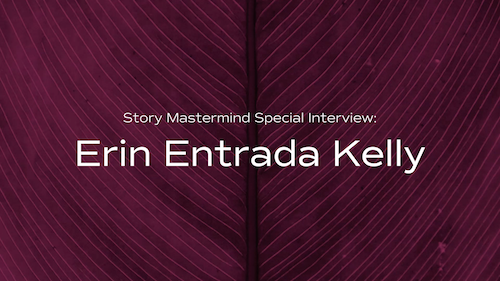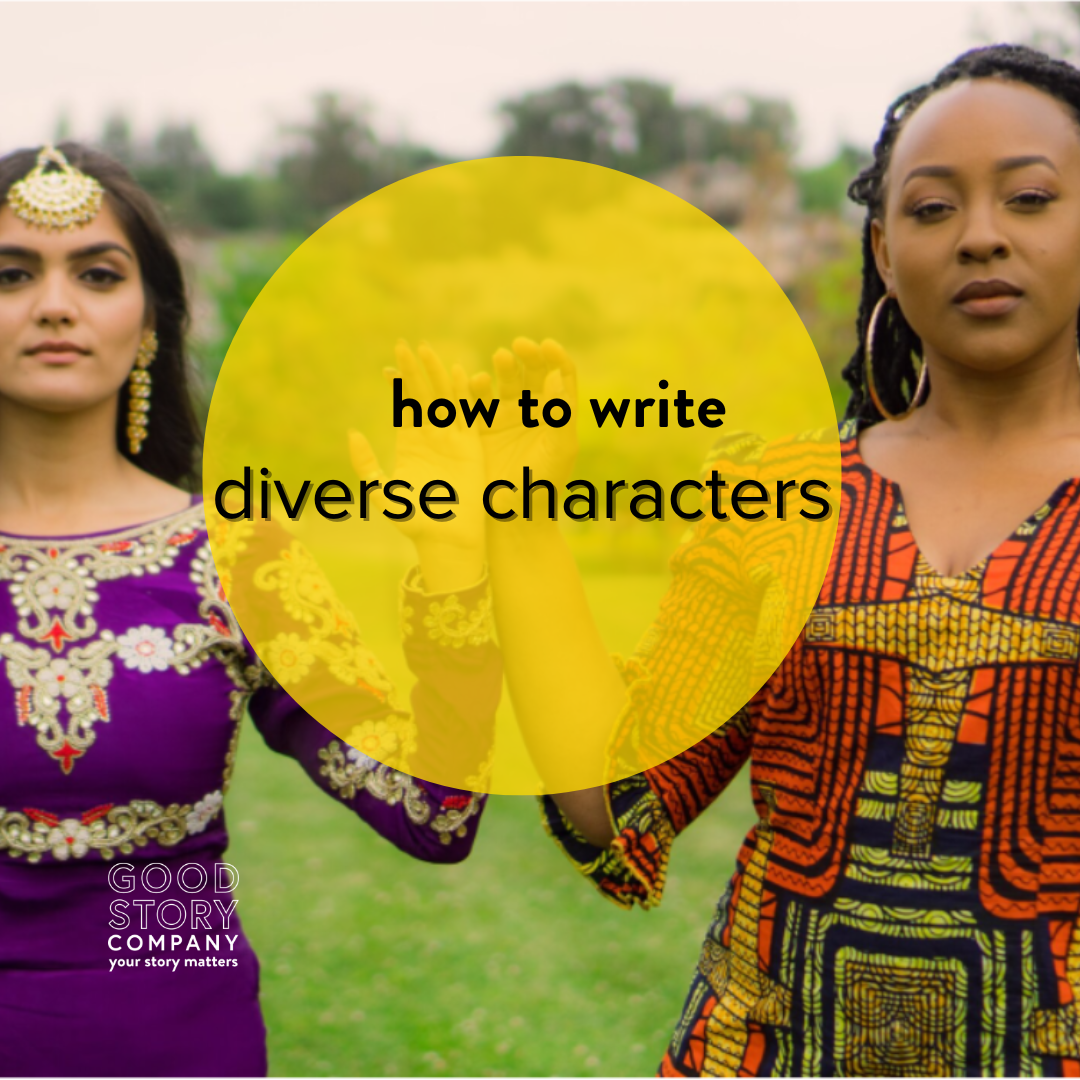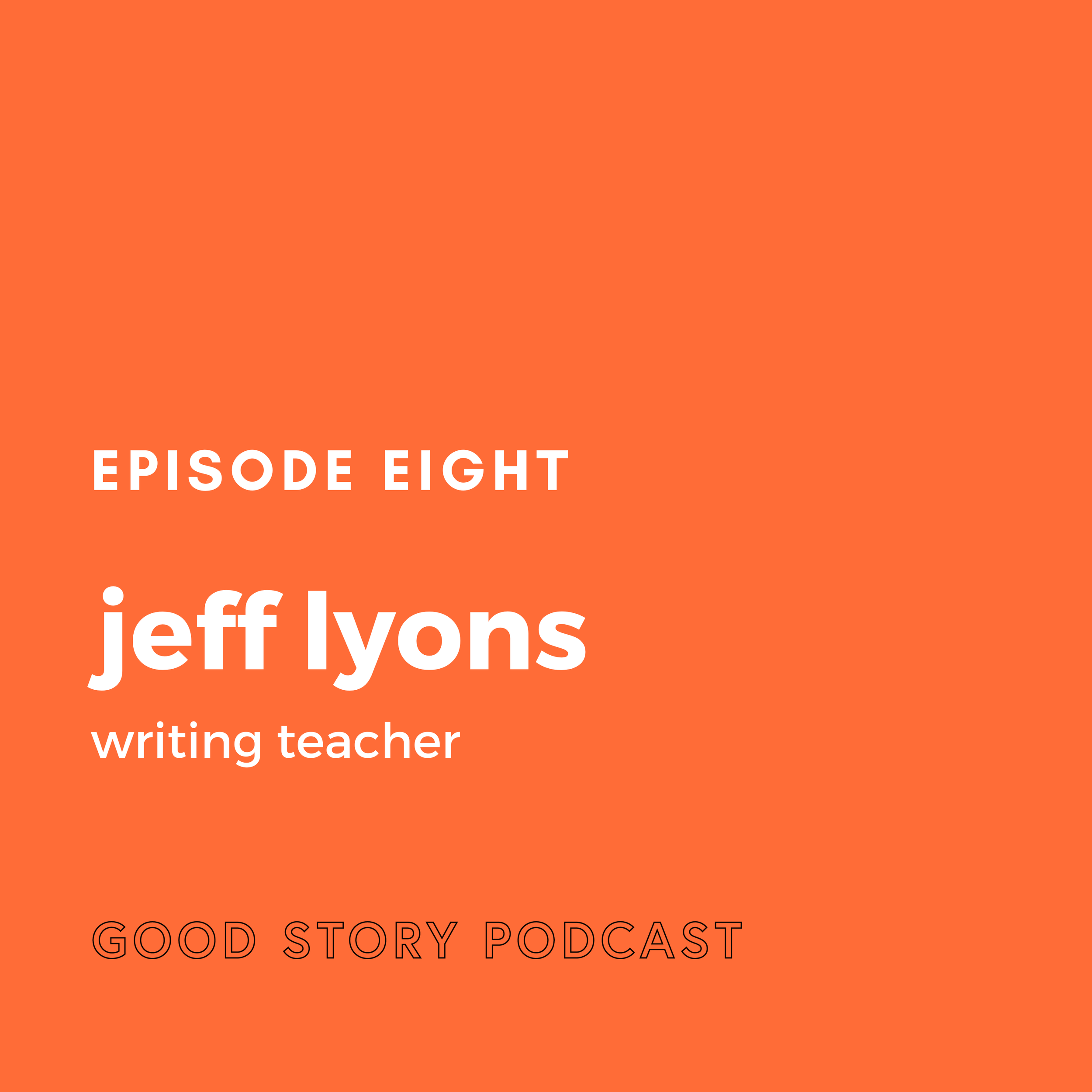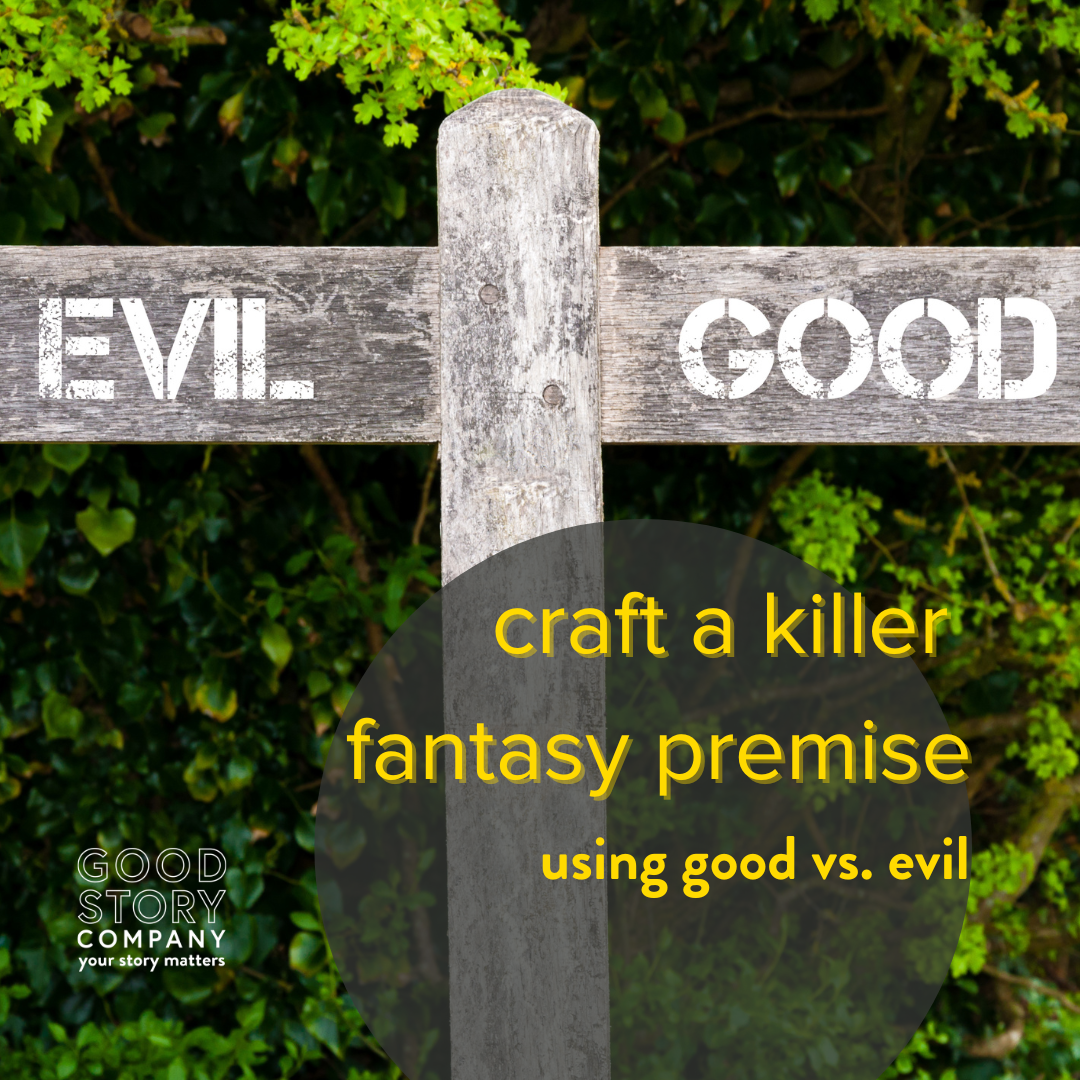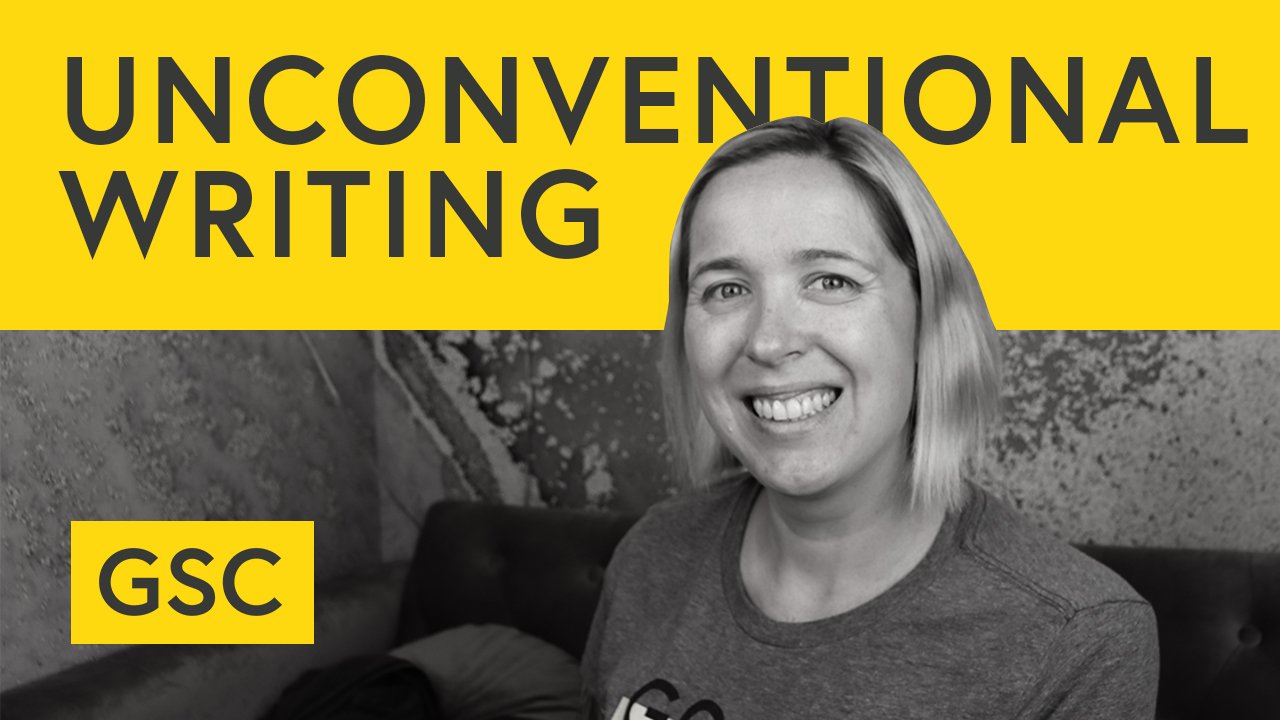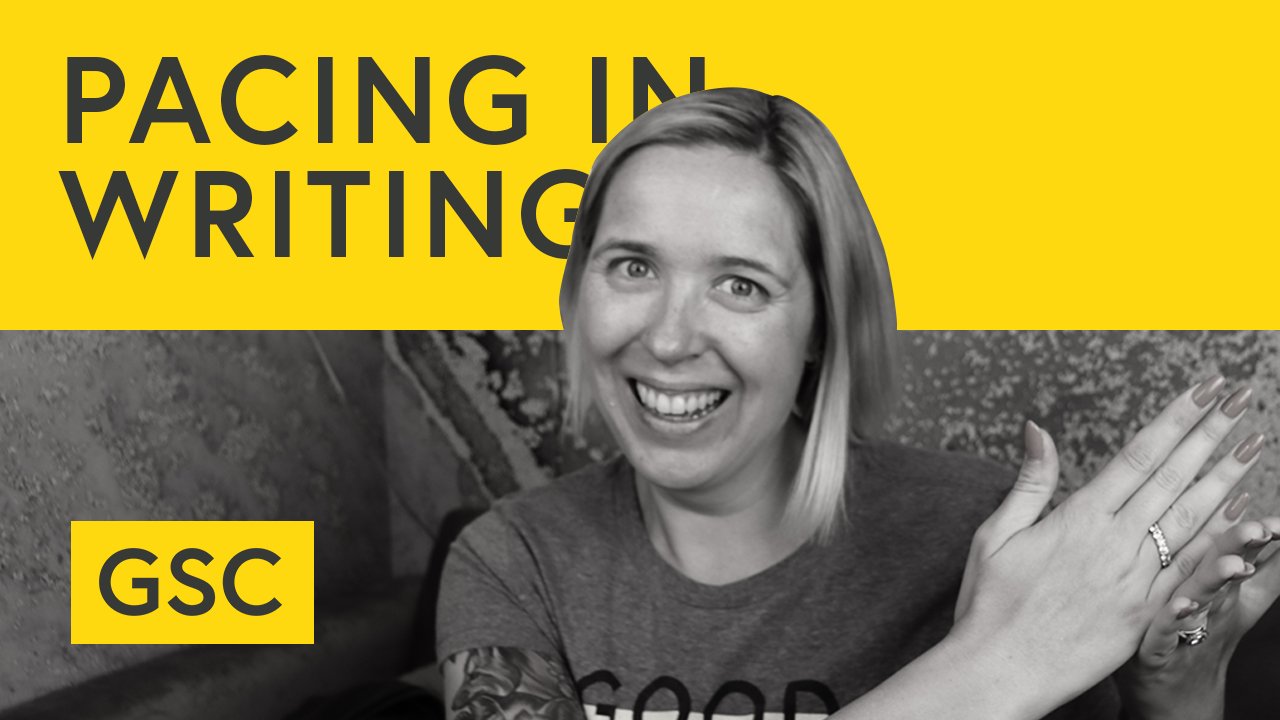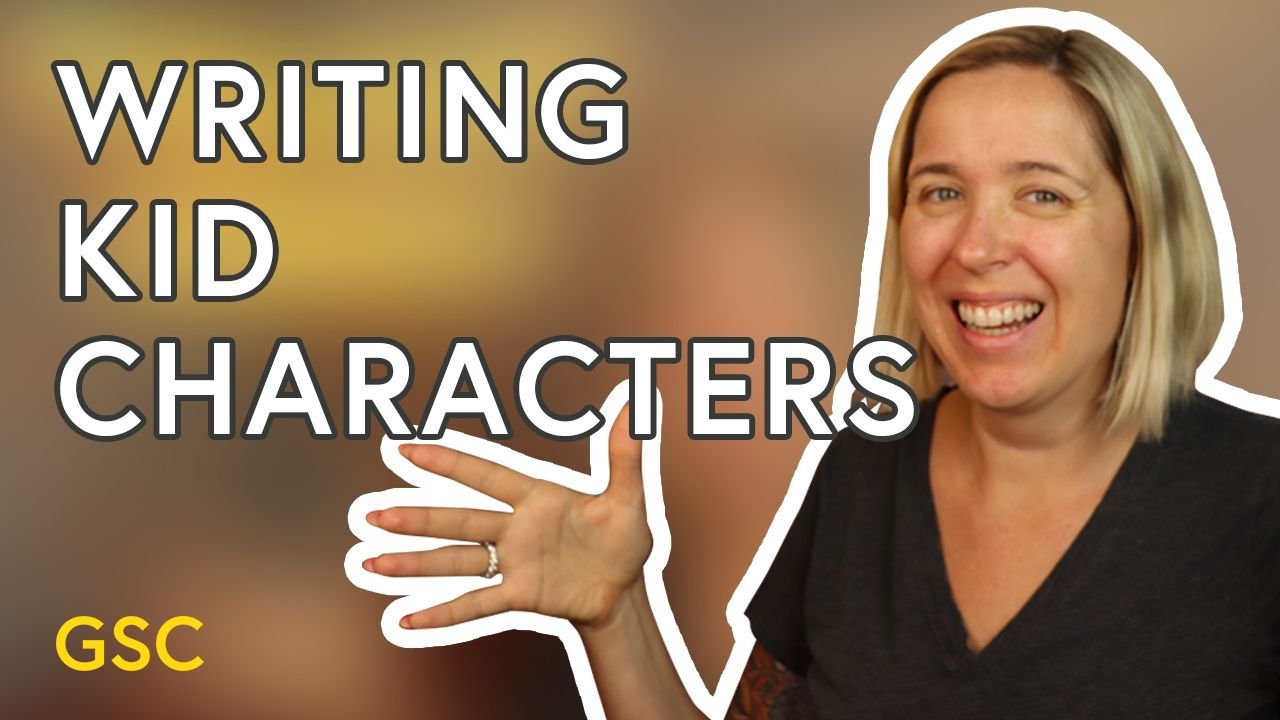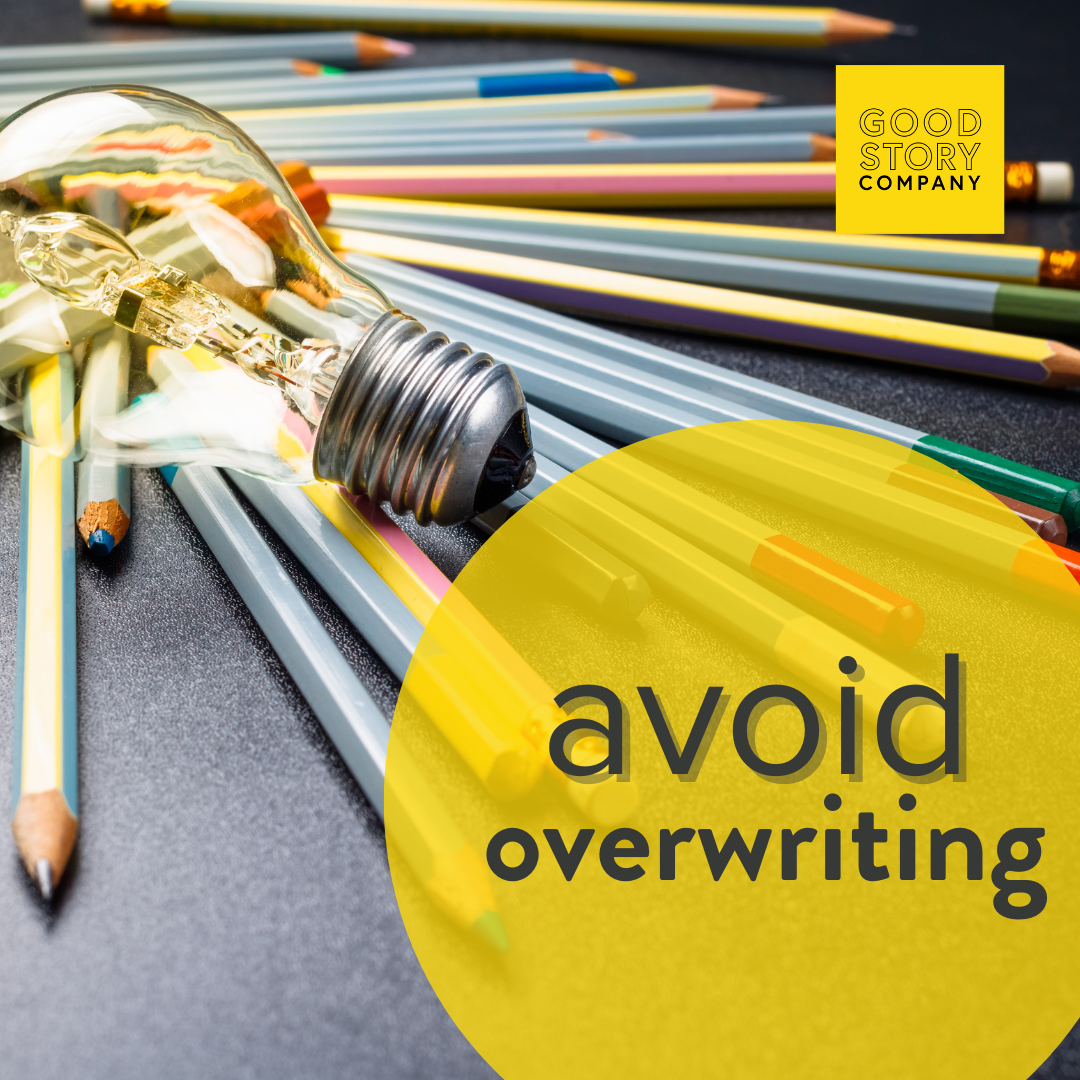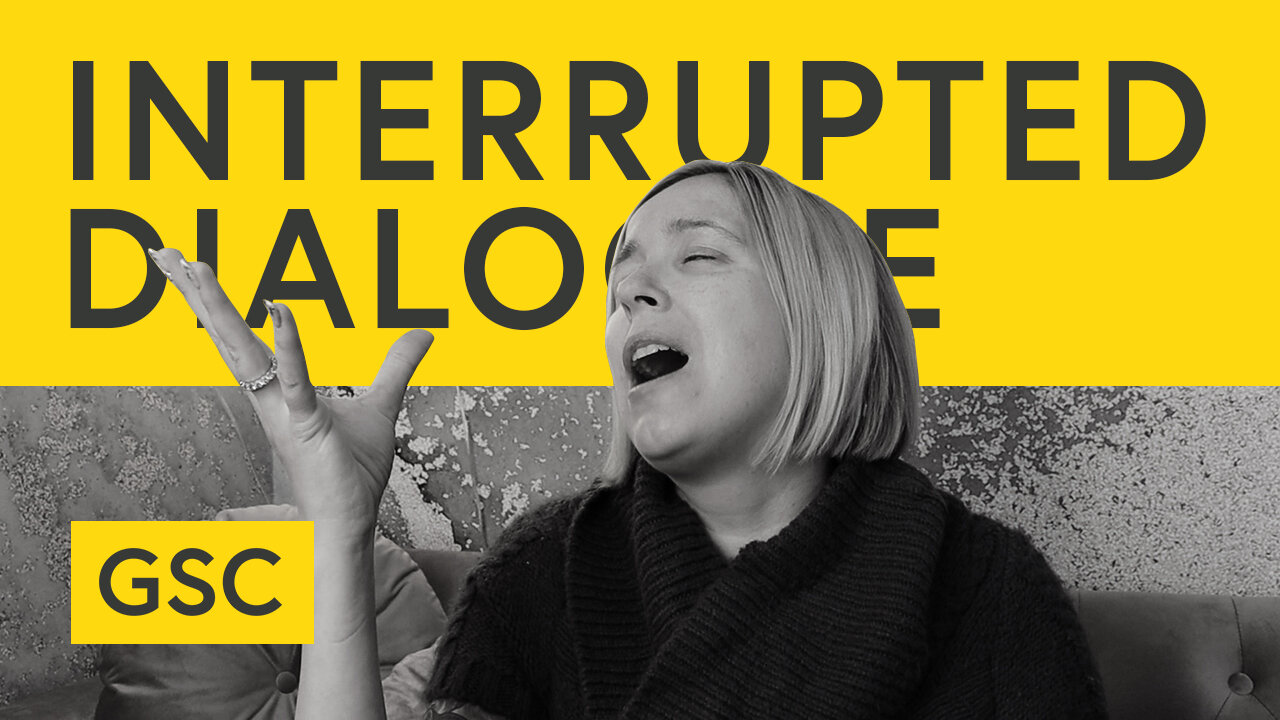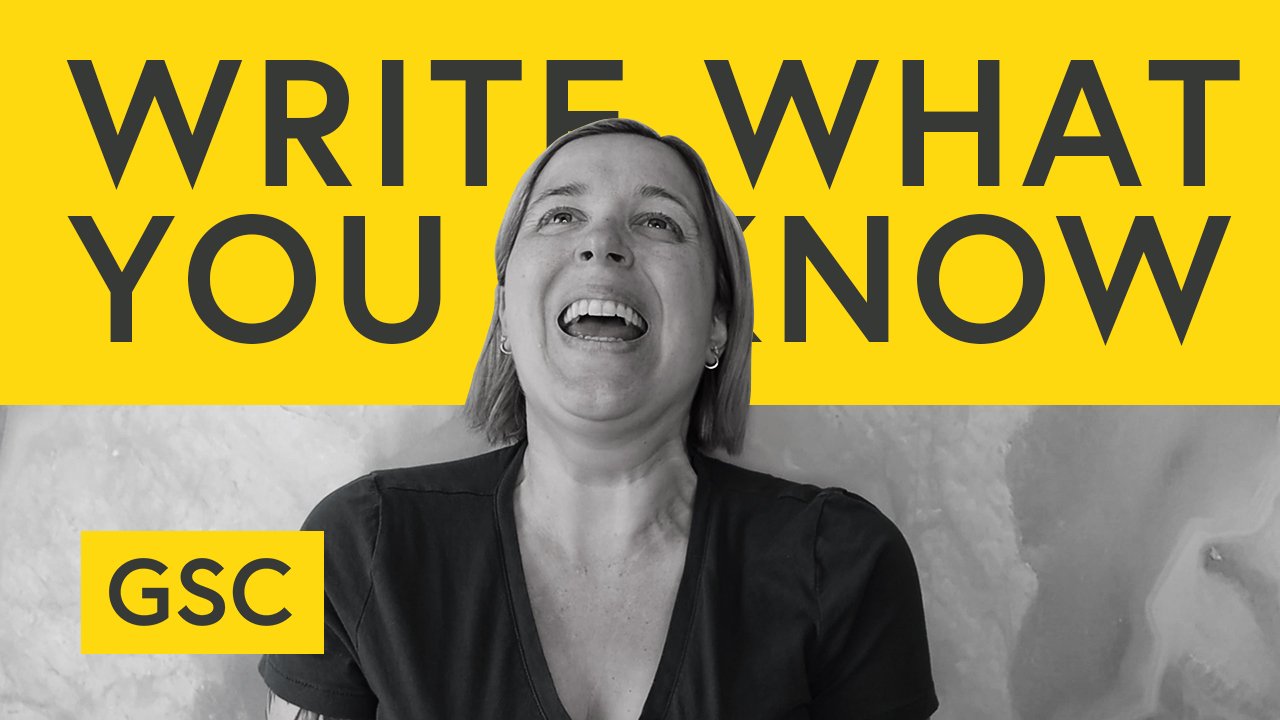
Writing Your Debut Novel with Benjamin Roesch
Benjamin Roesch joins us to talk about his debut novel—but not his first novel—published with LGBTQ+ young adult indie publisher Deep Hearts. We talk about turning short stories into a novel, coming of age fiction, and being an older debut writer.
Writing Descriptions
Dust motes swirling in the gloom are enchanting, but do you really need to describe them in detail? Let’s look at some guidelines for writing descriptions so you can quench your thirst for gorgeous imagery without sacrificing the pacing of your story.
Story Mastermind Interview with Erin Entrada Kelly
A discussion with middle grade author and Newbery medalist Erin Entrada Kelly about writing outside your lived experience.
How to Write Diverse Characters (And, Also, Are You Qualified?)
Wondering how to write diverse characters? Many writers aspire to create worlds that look like a true fusion of personalities and cultures, religious beliefs, and ethnicities. How do we create art that imitates the life we are striving for?
Episode 8: Jeff Lyons, Writing Teacher
Writing teachers Jeff Lyons and Mary Kole in conversation about craft, from the big picture to the nitty gritty.
Episode 1: Chris Baty, Founder of NaNoWriMo
An interview with NaNoWriMo founder and writing teacher Chris Baty, where we discuss plot, pantsing, not nipping good ideas in the bud, celebrating a hot pile of garbage, and the cult of busyness.
Breaking Writing Rules
Breaking writing rules might seem like a bold artistic statement, but it could also backfire. Here are some considerations for writers who are inclined to take their projects in a more experimental direction.
Describing Eyes in Writing
Describing eyes in writing is pretty important—and it has a long history. Feast your eyes on this list of clichés about eyes! You won’t need an eagle eye.
Craft a Killer Fantasy Premise Using Good Versus Evil
A fantasy premise that doesn’t engage on any themes of good versus evil can feel empty, but when those lines are too stark, it can feel a bit thin. So how do you find the balance?
Ways to Hook a Reader
You do need to clear a pretty high bar to impress an agent, a publisher, or a reader once you get published. The opening pages are a really, really important part of this. Adding some character relatability and a little bit of conflict goes a long way in hooking a reader.
Unconventional Writing
Publishing loves its buckets. In children's books, there are several buckets that you need to fit into, with word count guidelines and all of that. There are buckets and tropes in adult publishing as well. Books that don't lend themselves easily to categorization can be a really difficult sell.
Pacing in Writing
Pacing is the engine that keeps that story going and keeps your reader's interest level high. One of the most important things that I teach when it comes to pacing with writing is the balance of action and the information. Information is dense. It moves slowly. Action is fast. It moves quickly. It has nothing to do with page count, but everything to do with the balance of what's in those pages.
Writing Kid Characters
The number one thing that you have to know about writing a kid character is that they should be relatable to kids. This seems like a very dumb thing to say, but a lot of picture books that I read are written more from the point of view of an adult or for an adult point of view.
Avoid Overwriting
Overwriting happens often in early drafts, as writers try to get the story down and figure they’ll fix things later. Sometimes details draw us in, but often they can distract readers, pushing them to think about unrelated things ... and then to stop reading.
Interrupted Dialogue
If you've been wondering how to format interrupted dialogue in your manuscript, here's a quick answer.
Help! I’m Distracted from Writing.
Getting distracted from writing has always been a challenge for writers. But it’s more acute these days, as lockdowns and quarantines interfere with the habits we once built. Here are the top four ways we tend to get distracted from writing, with troubleshooting solutions for each.
Write What You Know
Here's a video follow-up to our blog post on the old writing adage "write what you know." A closer look at what this expression really means and how you can make it work in your writing.
Writing Secondary Characters
Even though narratives tend to focus on the life of one character – sometimes a few in multiple POV – the people in that character’s life are equally important. Giving them personalities, sometimes backstories and arcs of their own, are what make the narrative as a whole more realistic.
Descriptive Writing Tips
These descriptive writing tips will help you create impactful imagery that supports your story.



